The PhD program serves to support and further develop independent artistic and/or scientific work. It creates an experiment and possibility space, in which different forms of knowledge and practices, critical confrontations, innovation as well as original ways of looking at things meet and are brought into exchange. As a matter of principle, research at the University of Arts Linz is defined as open-ended; paths of knowledge can change in the process of development, ephemeral moments, unusual paths and diverse practices of testing and discarding can be part of the PhD work.
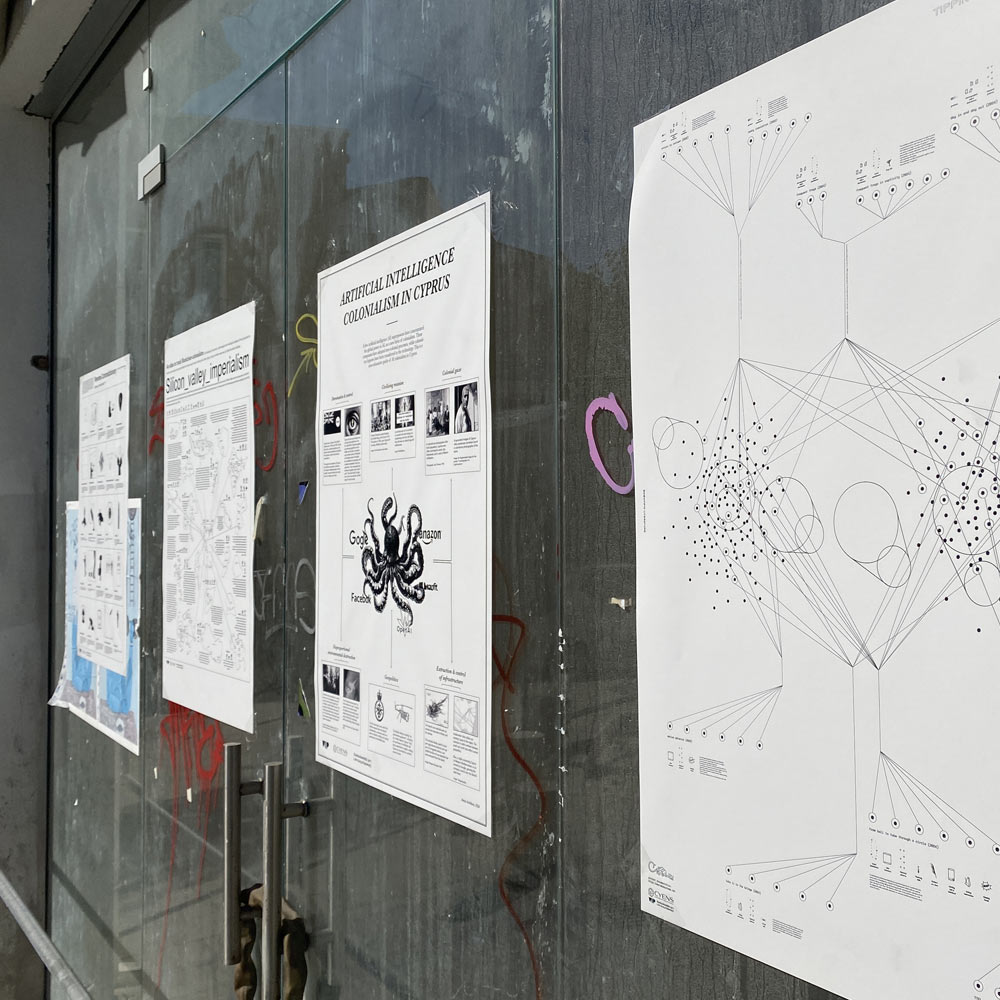
PhD-program - Photo: Critical Data Research Group
Collection
PhD-program
Ticket //
FREE / No Ticket
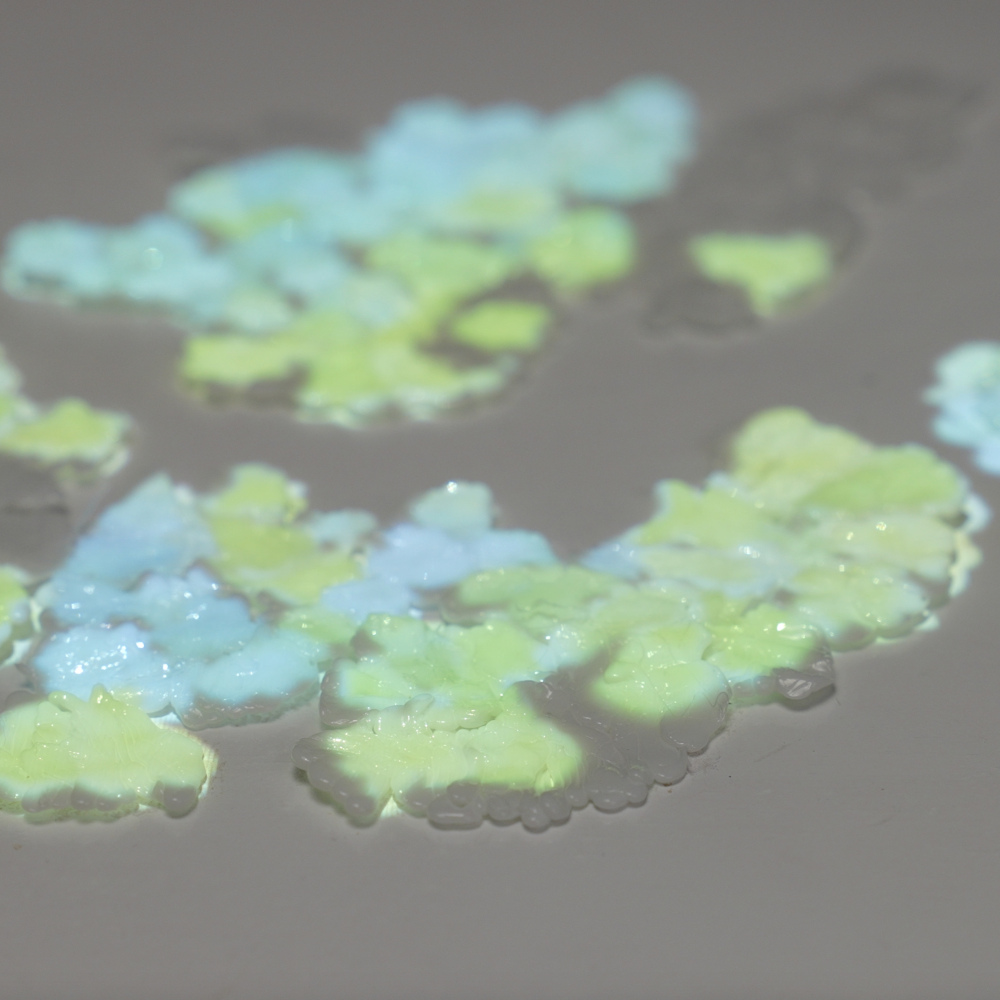
An Enlichenment: A Vital Recolonization in a Capitalist Crisis Era
Yixuan Wang (CN)
This project links lichens, the history of capitalism and London’s pollution, and the indigenous philosophy of “Buen Vivir.” Digital lichens present and question the state of human existence.

Block E, No. 5
Çağla Gillis (TR)
In Block E, No. 5, Çağla Gillis traces a family’s search for belonging across dislocated spaces—from a cold dormitory in Austria to an unfinished home in Istanbul.
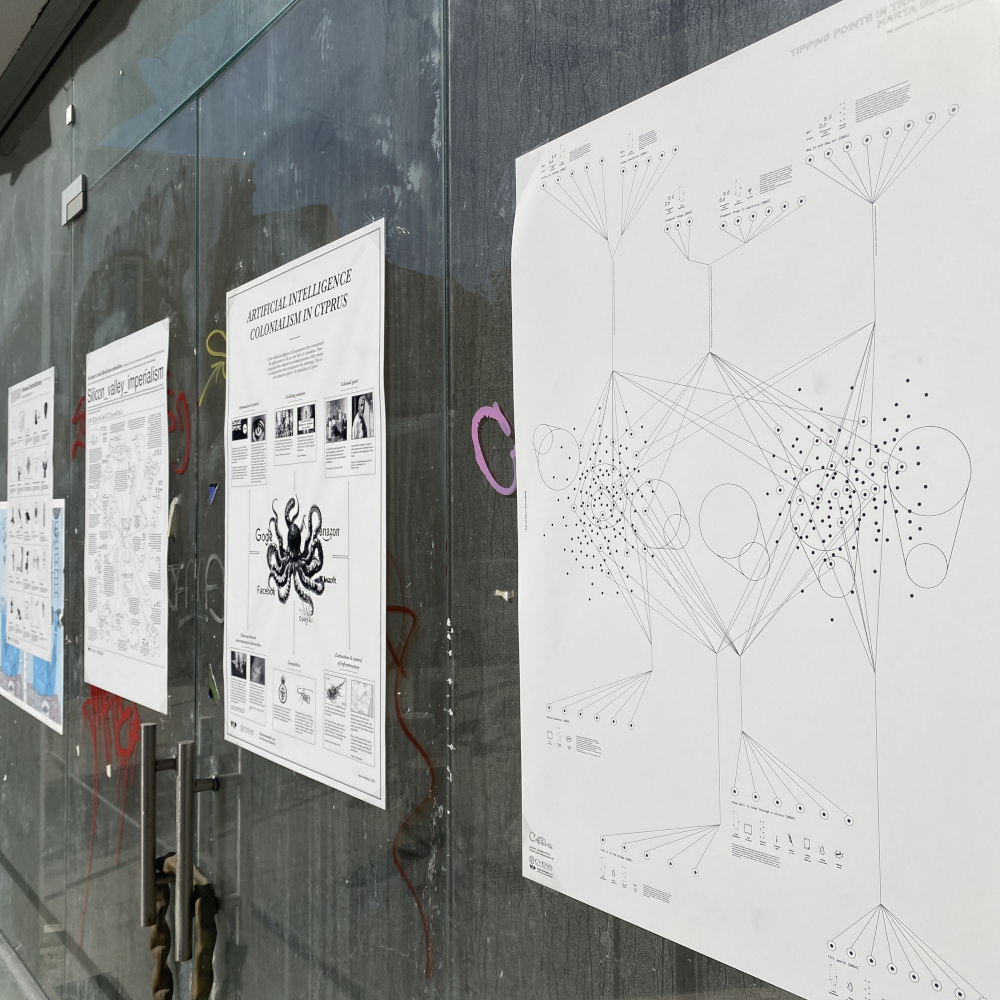
Critical Data Research Group
Based on the premise that artists are of great value for the study and critical mediation of data usage, data processing systems, and related knowledge, the group not only aims to make visible how systems of digitalization work, but also how they do not.
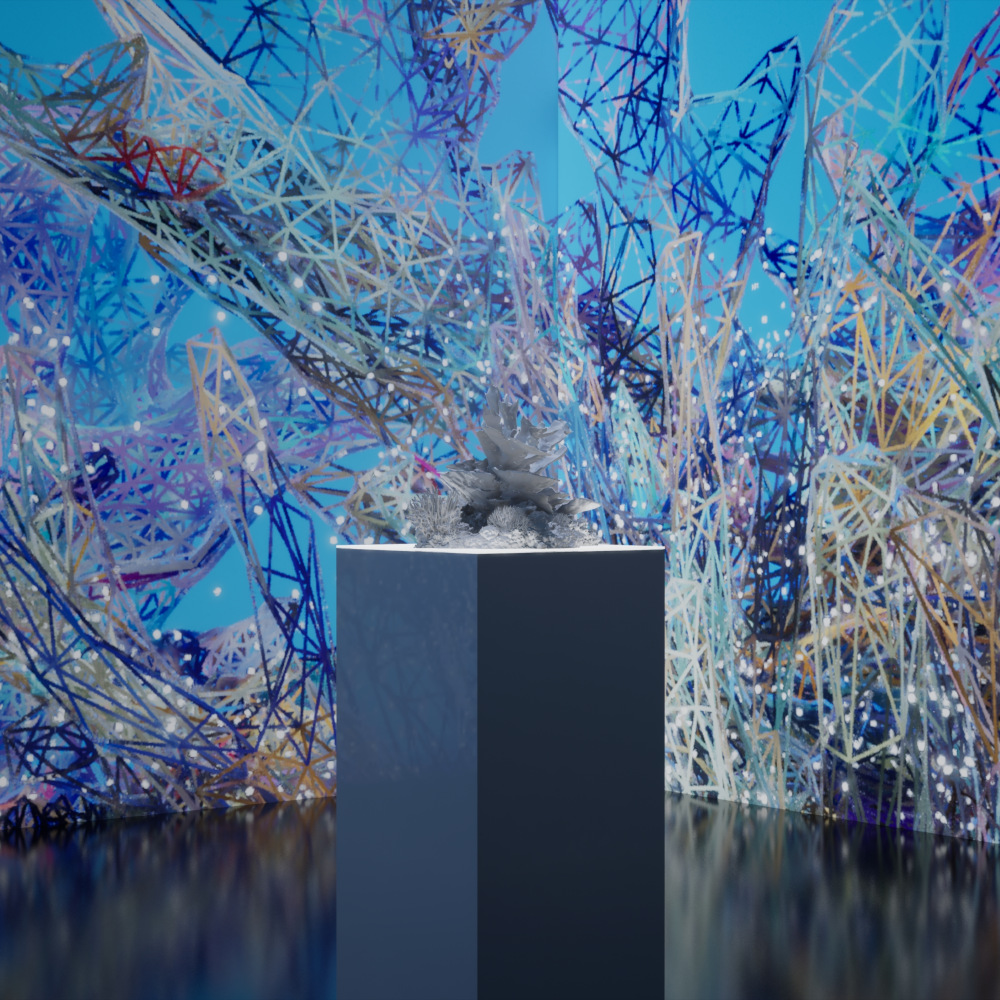
DYSNOPIA
Hanny Wijaya (ID), Zhiqian Yang (CN), Shangyang Yu (CN)
The artwork DYSNOPIA represents the “mental clarity” through the installation space that combines physical objects with digital projection. By using multisensory elements, the space provides a holistic underwater environment with visual, tactile, and auditory experiences.
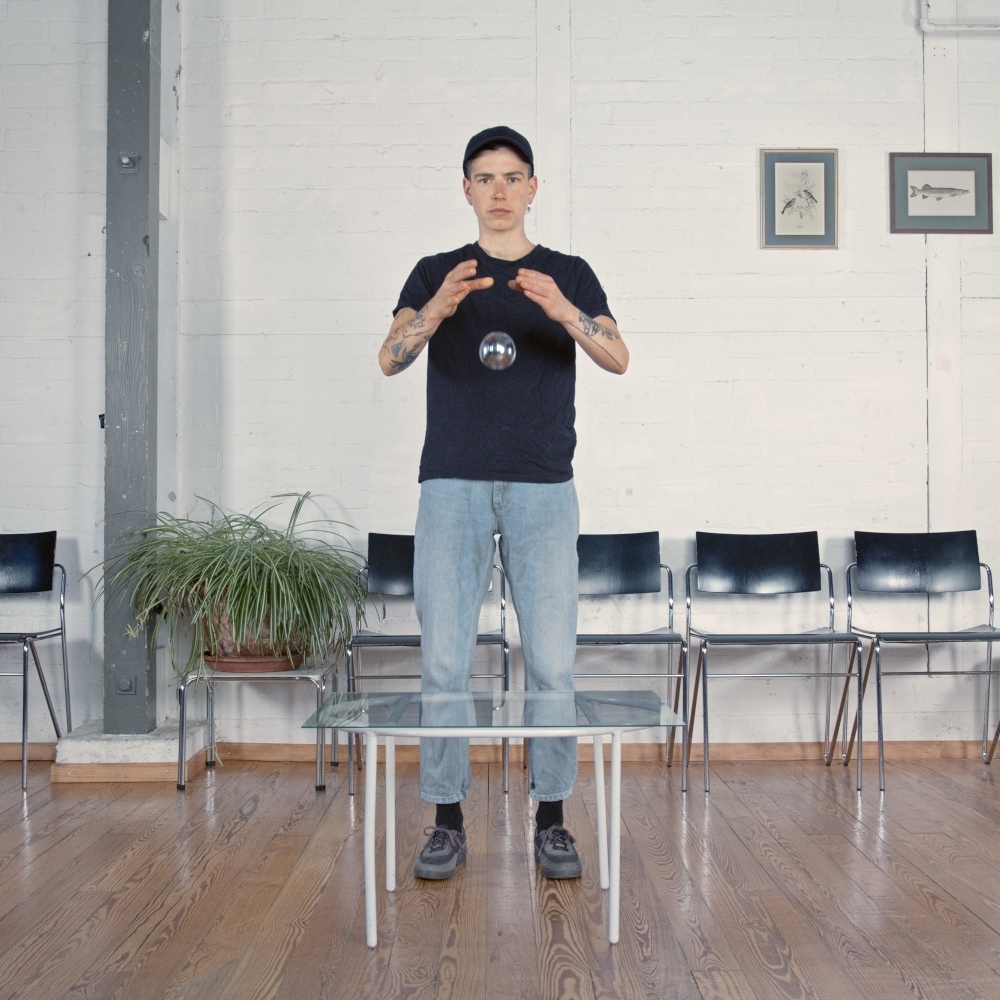
i dropped the metal ball on the glass table and it broke. what is it?
Fernando Obieta (CH), Cynthia Schemidt (CH)
This photo series questions automated gender categorization and the illusion of machine neutrality by showing the limitations of machine learning. Unlike humans, machines don’t think; they recognize patterns, but lack real comprehension.

Reassembling Painting – Black Box
Jieyuan Huang (CN)
This cross-disciplinary project blends elements in painting and technology, using CG-generated 3D scenes to form a virtual ruin. It deconstructs painting into a 3D-analytical format, probing physical intuitiveness in a post-digital world and the weakening of human presence.